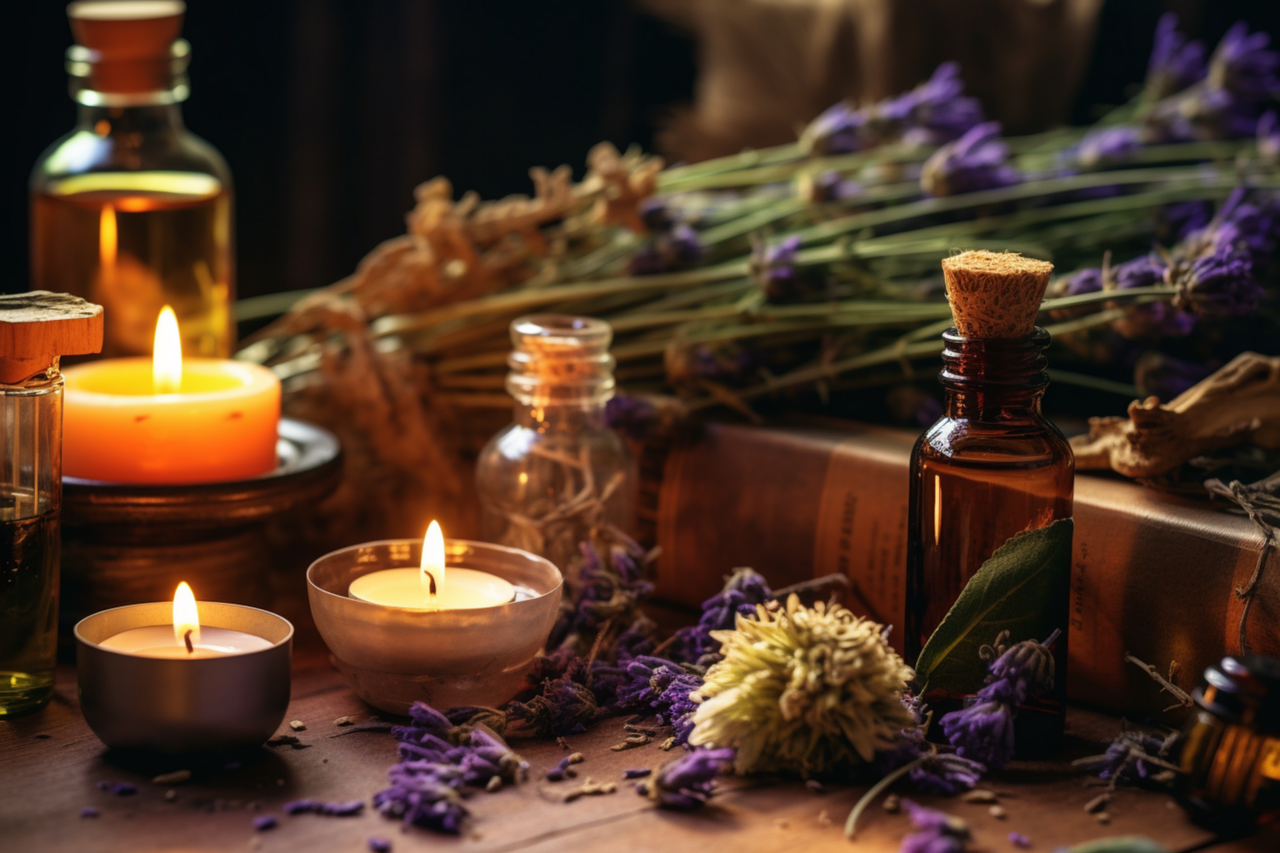Physical Wellness
3 Surefire Ways to Improve Your Sleeping Pattern

lavender scent aromatherapy | (Photo : Image by Eva Michálková from Pixabay)
In the pursuit of better sleep, individuals often seek unconventional methods alongside traditional practices. Recent studies shed light on three scientifically supported approaches to enhancing sleep quality, offering promising insights for those struggling with restful nights.
Engage Senses with Aromatherapy
Despite initial skepticism surrounding aromatherapy's efficacy in enhancing sleep quality, recent studies have delved into the impact of lavender exposure before bedtime. In a study published in the National Library of Medicine, researchers conducted experiments in sleep laboratories, offering participants either lavender oil or distilled water 30 minutes prior to sleep.
Through standard polysomnographic assessments and self-reported measures of sleepiness and mood, researchers observed a significant increase in deep sleep among participants exposed to lavender compared to water. Moreover, participants reported feeling notably more refreshed upon awakening after lavender exposure.
Furthermore, emerging research suggests that the aromatic properties of essential oils such as rose, roman chamomile, jasmine, cedar, cannabis, and Ylang-Ylang may also contribute to improved sleep quality, providing individuals with a diverse array of options to explore for enhancing their sleep experience.
Wear Socks for Slumber
For those skeptical of wearing socks to bed, surprising research from Korea offers encouraging findings. Particularly during winter months, donning socks before sleep has been linked to notable improvements in sleep quality.
Participants who embraced this practice experienced faster sleep onset by an average of 7.5 minutes, enjoyed longer sleep durations, and encountered fewer nighttime awakenings, according to Welovecycling.com. Thus, for individuals prone to chilly feet during the night, socks can serve as a scientifically validated method to enhance sleep.
Reside in Green Environments
Recent research spanning 14 European countries, Australia, Canada, the USA, and Hong Kong, spearheaded by the University of Exeter, showed the correlation between residing on greener streets adorned with lush vegetation and experiencing better sleep.
Lead author Dr. Leanne Martin highlighted that individuals inhabiting such green environments reported enhanced mental well-being saying, "People that lived in greener streets reported better mental health, which was the driving factor behind getting a better night's sleep. Streetscape greening initiatives already exist in urban cities to tackle environmental risks like flooding and heat island effects, but our findings suggest policymakers should extend that to residential areas to support public health by promoting healthier sleep habits,."
Specifically, the study revealed that 17% of individuals residing on green streets reported receiving fewer than 6 hours of sleep, compared to 22% of those in less verdant environments.
"Whilst a five percent difference may seem small, these findings are comparable to the difference in sleep between people who are coping on their present income and those under financial strain. With money worries widely recognised as an important determinant of sleep, we think this demonstrates street greenness should be recognised by governments as an important public health issue," Dr. Mathew White, co-author of the study, explained.








Join the Conversation